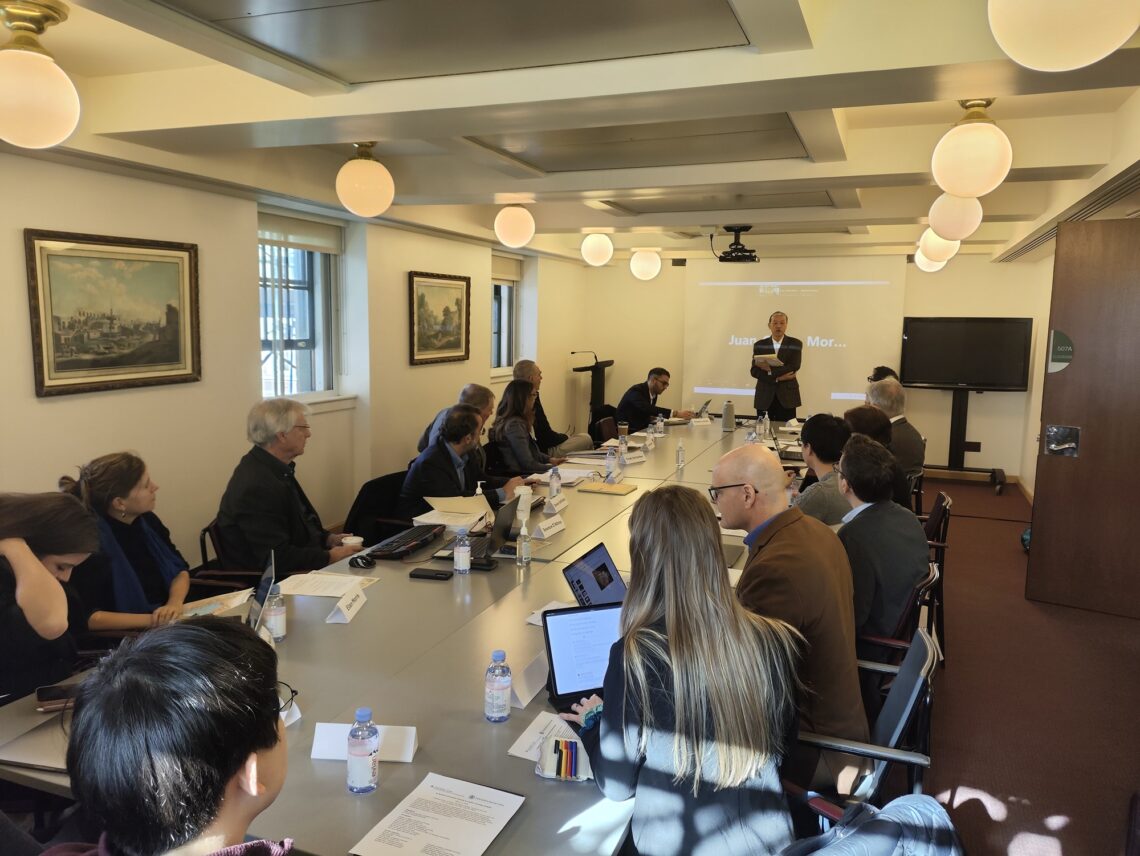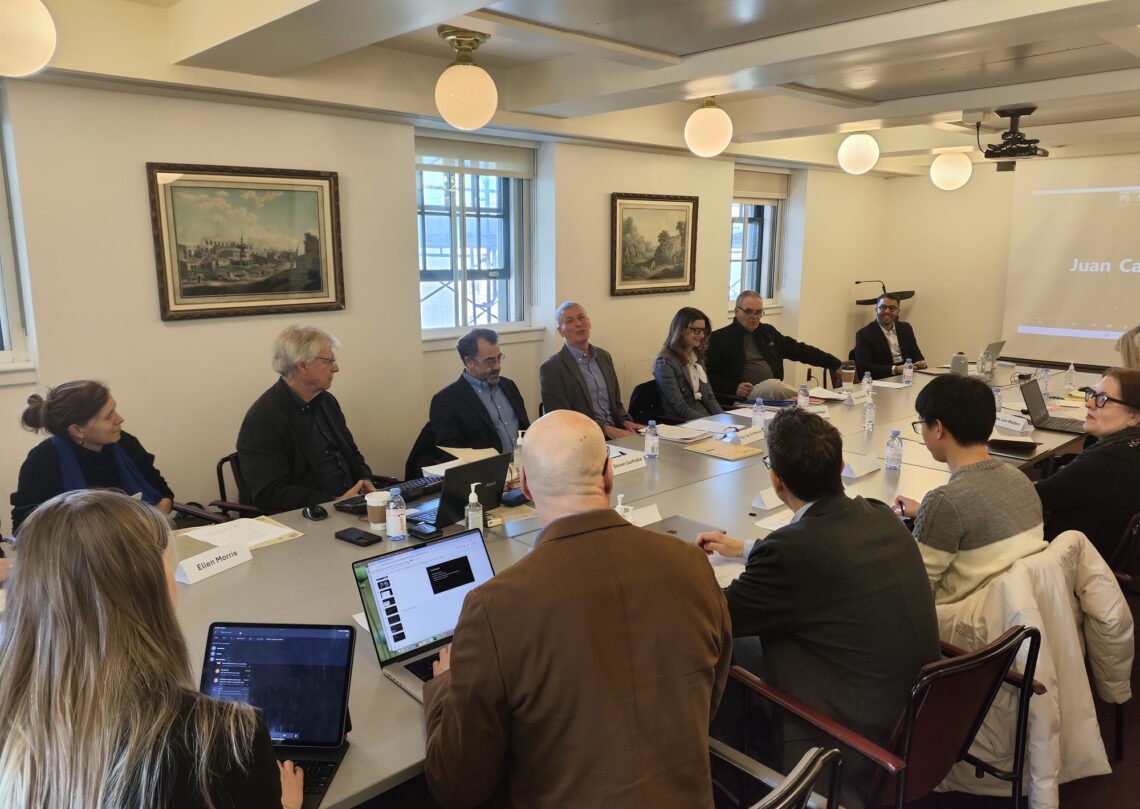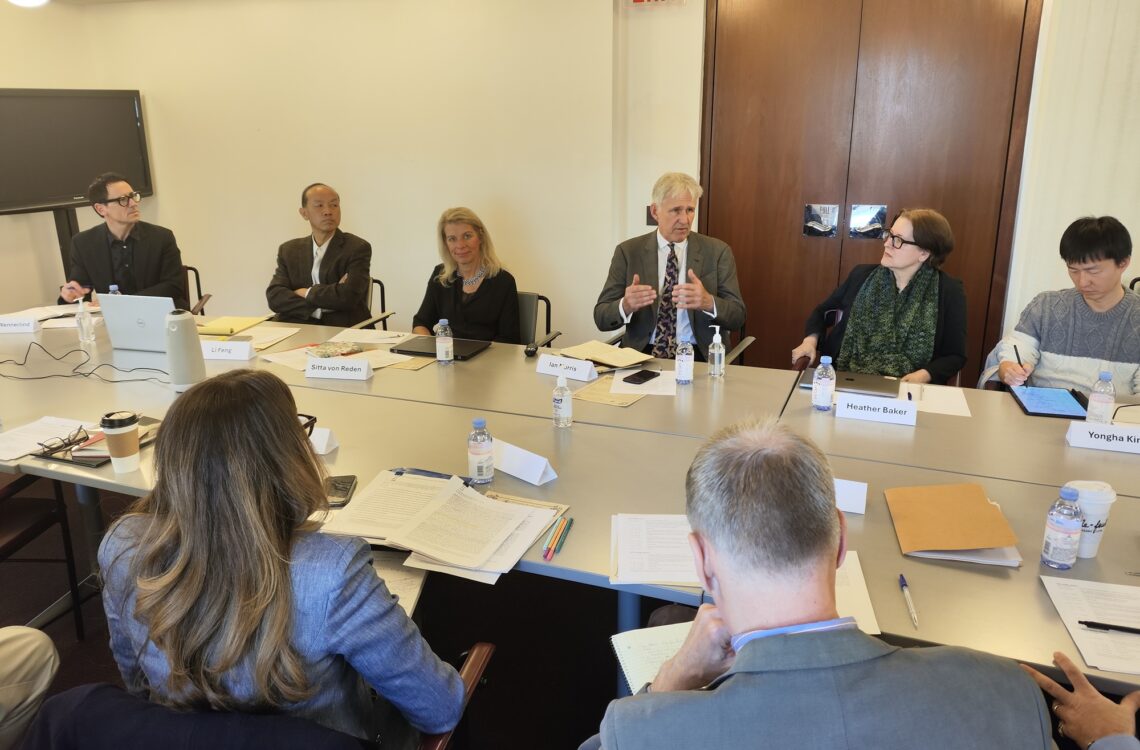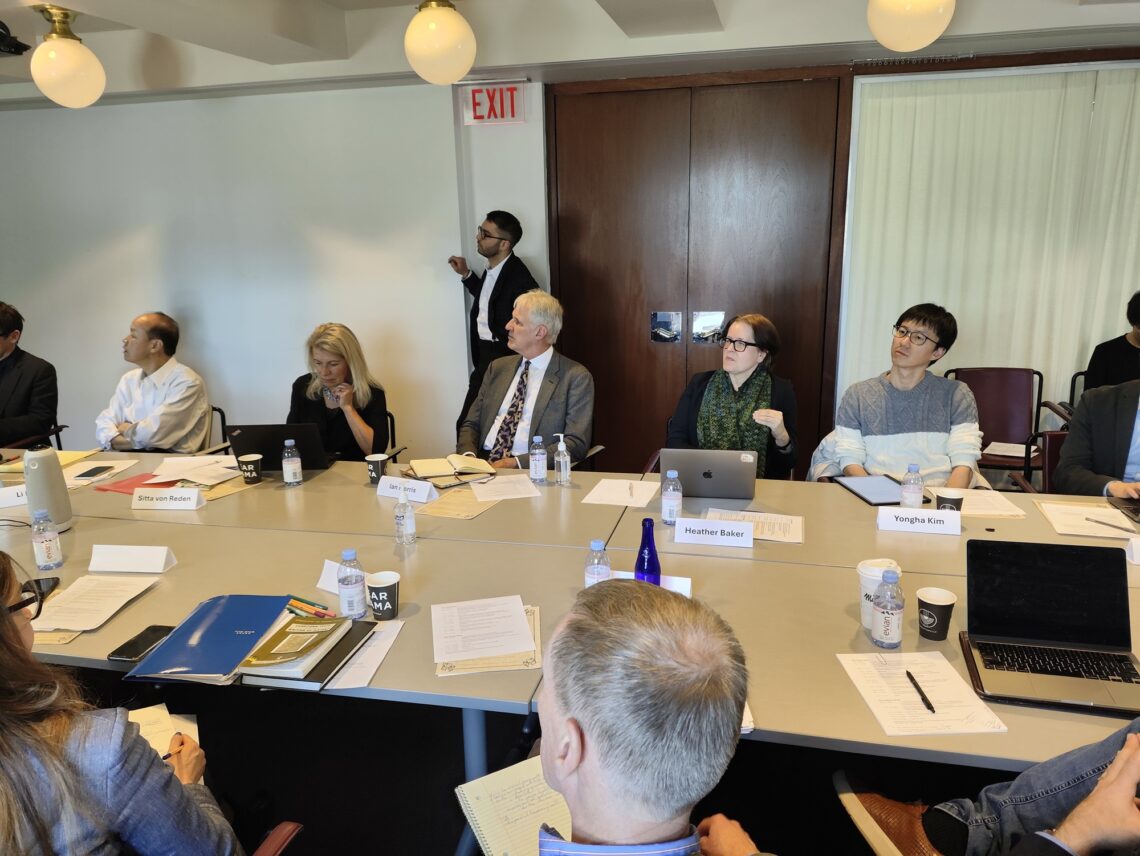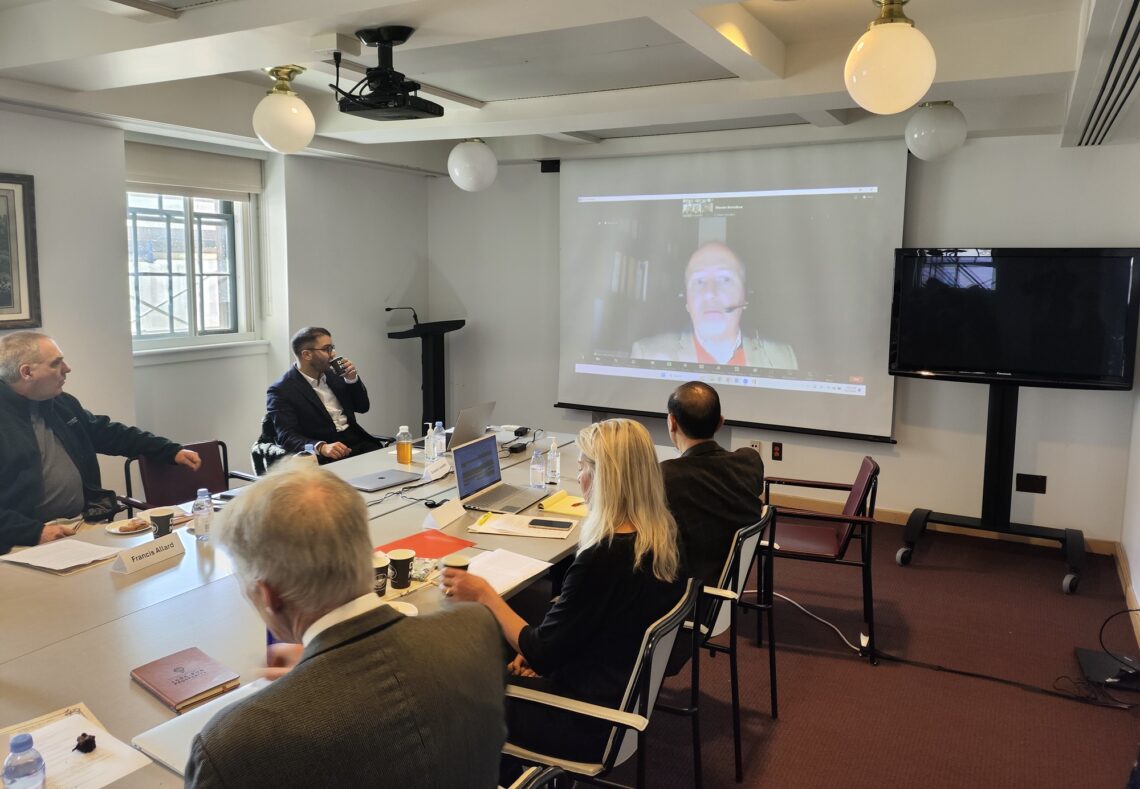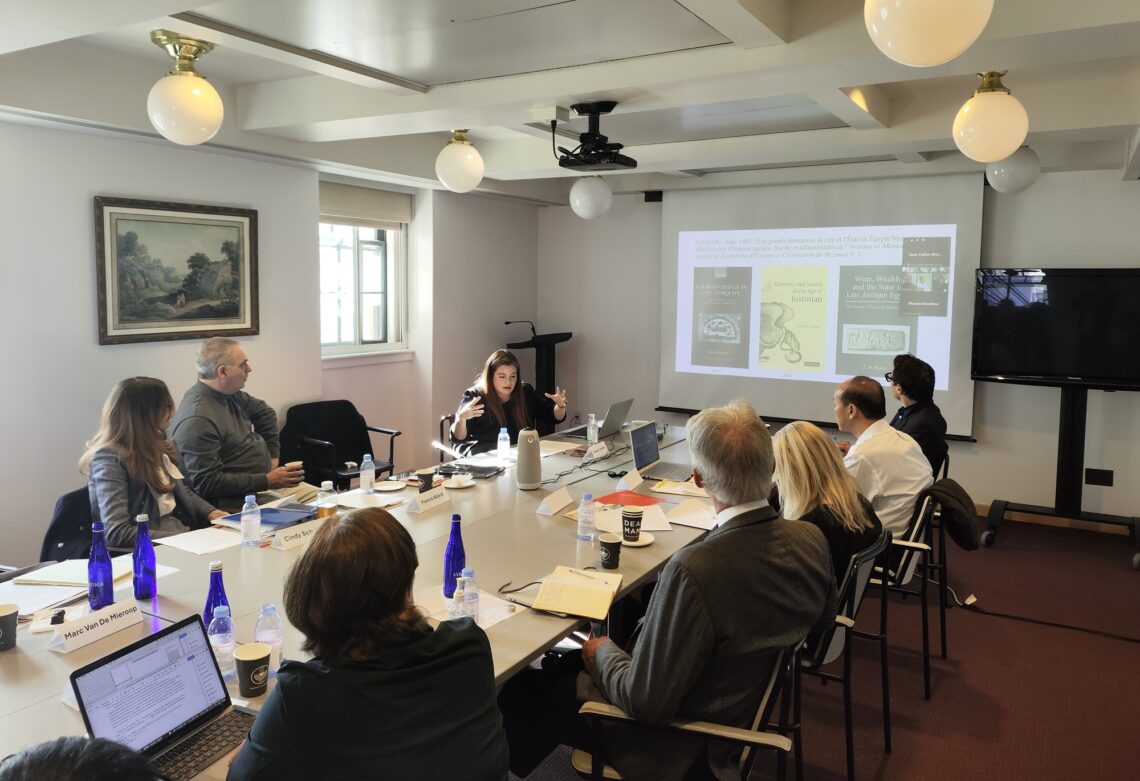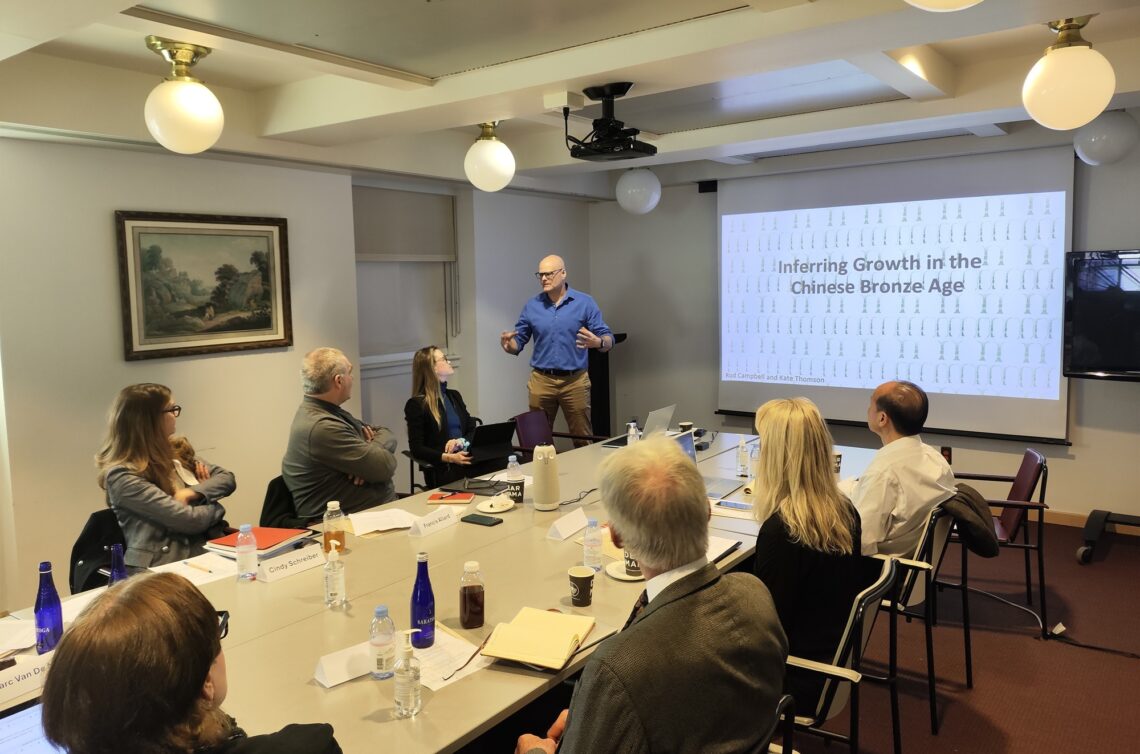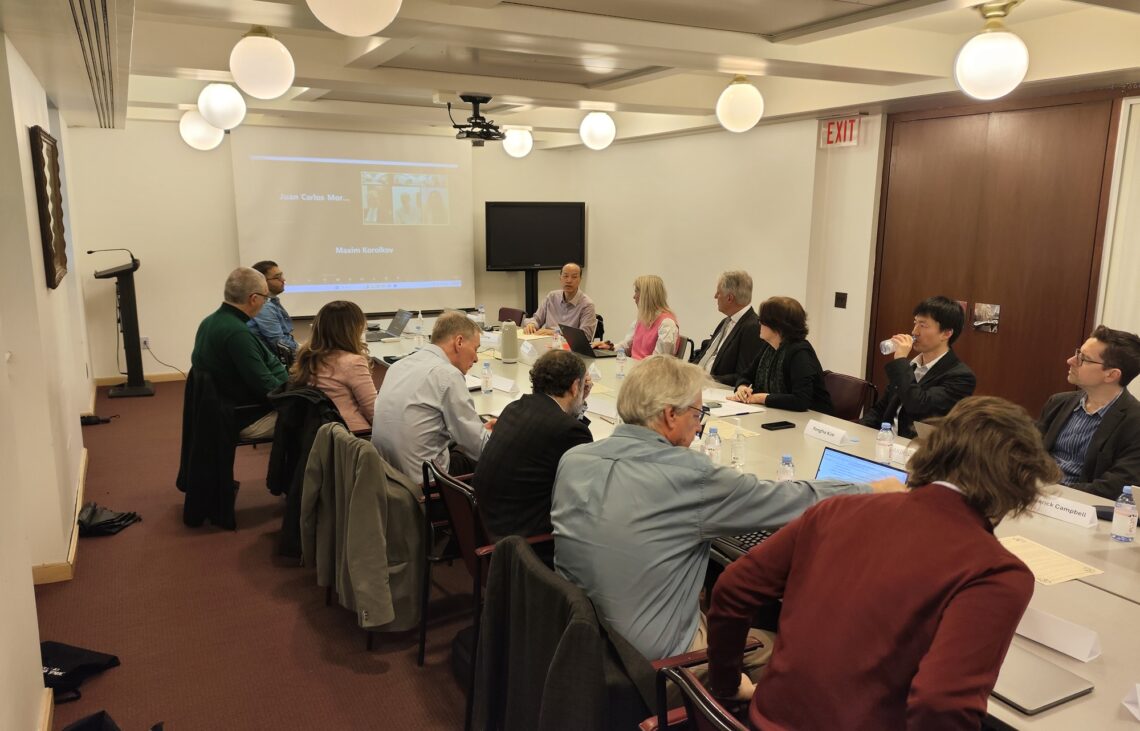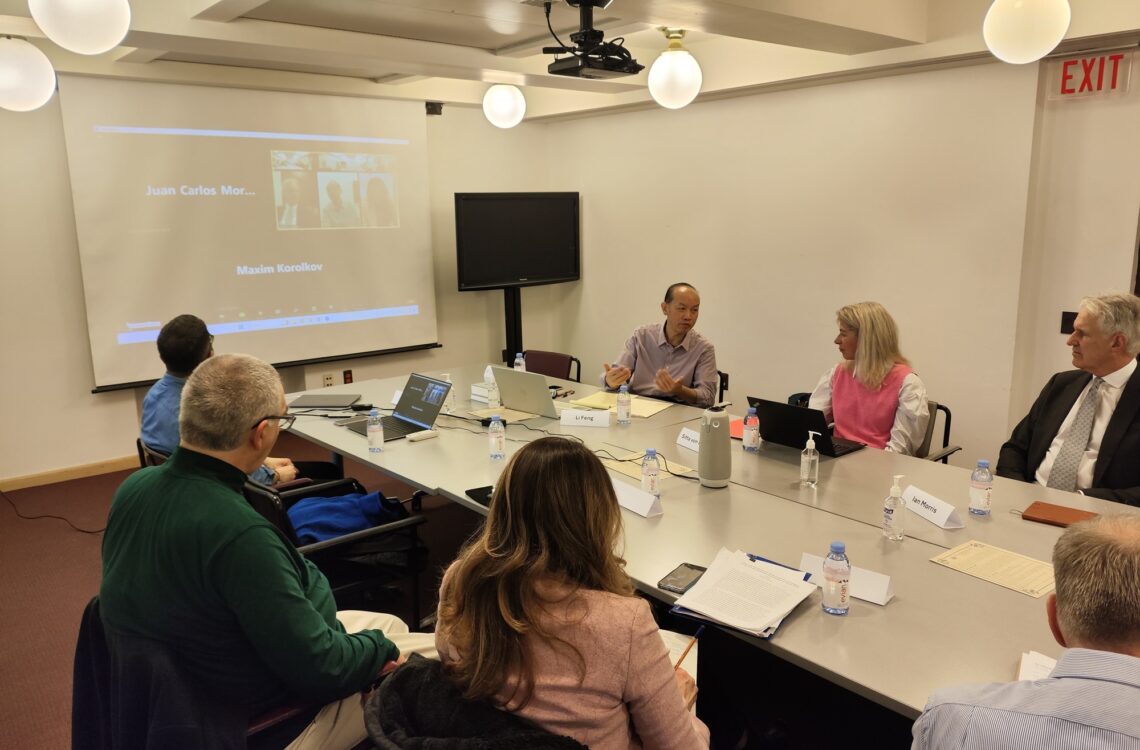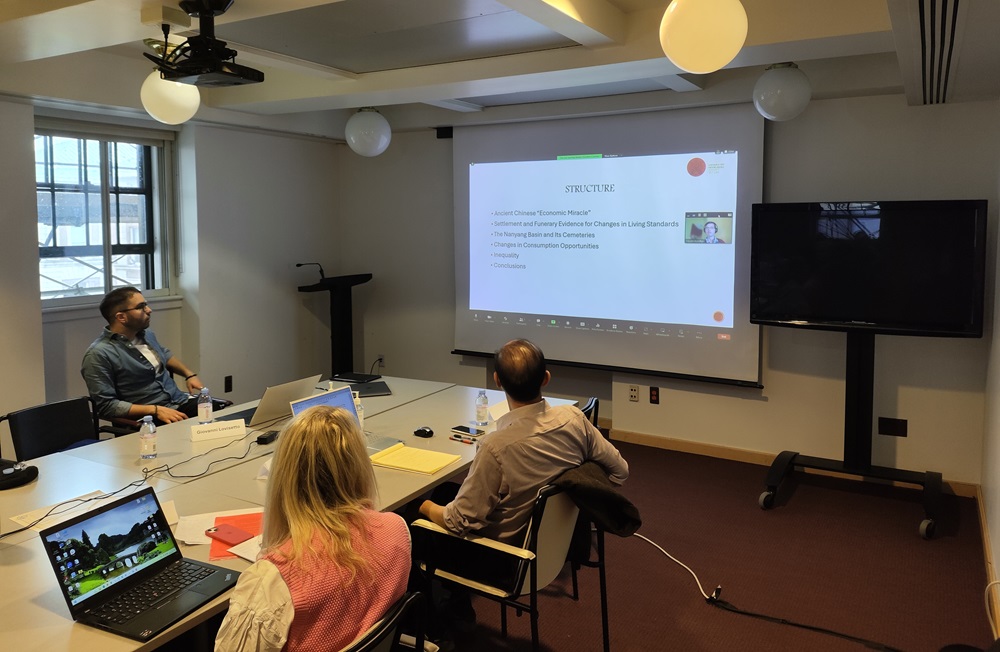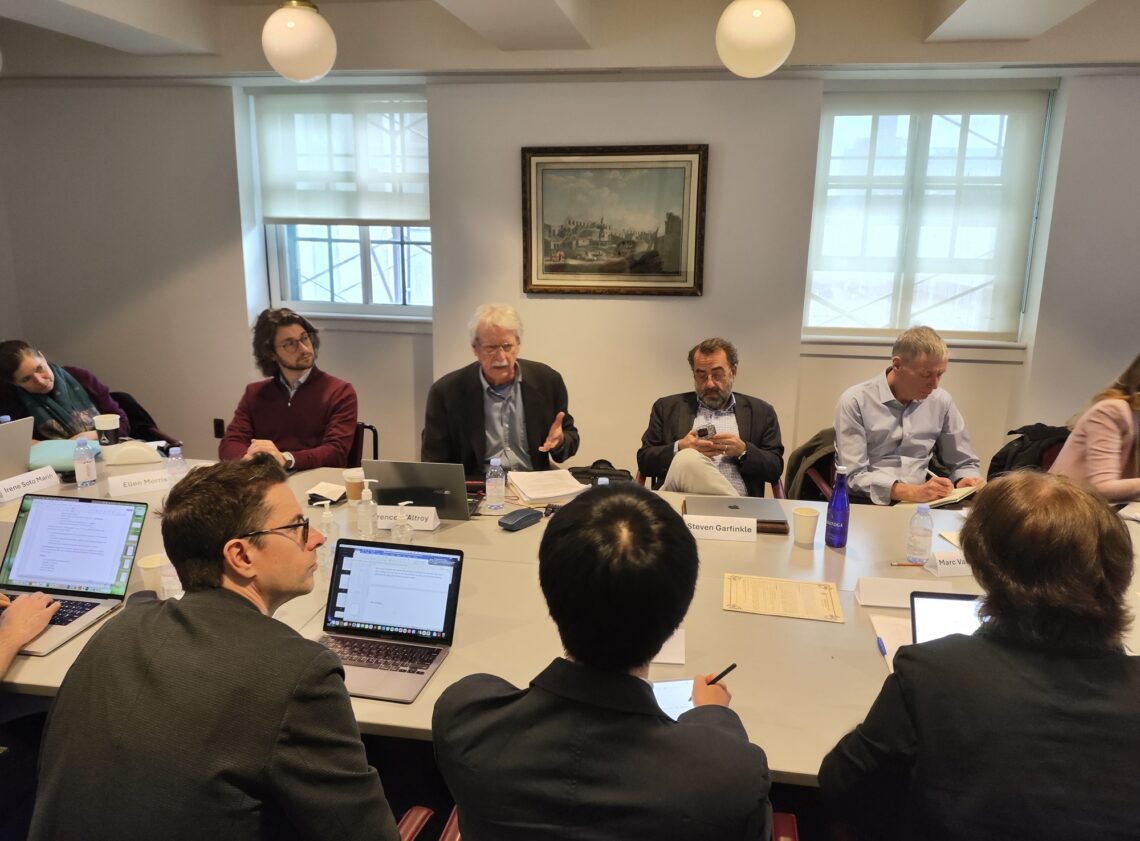March 1-2, 2024
Workshop – In Search of Economic Growth in Ancient Eurasian Societies
Locations:
Conference Room (5th floor), The Italian Academy, Columbia University
Introduction:
Economic growth has been a key problem in recent studies of the economic history of early states and societies worldwide and especially in the ancient Eurasia where we have the earliest documented growths and falls. This workshop, co-sponsored by Columbia’s Center for the Ancient Mediterranean and the Tang Center for Early China, intends to bring together scholars who work on the Graeco-Roman world where a scholarly tradition on the subject is already well-developed, and leading economic historians of ancient Egypt, Mesopotamia, and China, in order to better understand the nature of the problem and its significance in comparative perspectives.
Co-organizers:
Marc Van De Mieroop, Columbia University
Li Feng, Columbia University
Participating Scholars:
Heather D. Baker, University of Toronto
Roderick Campbell, ISAW, NYU
Terence D’Altroy, Columbia University
Steven Garfinkle, Western Washington University
Maxim Korolkov, University of Heidelberg
Juan Carlos Moreno García, University of Paris IV-Sorbonne, and EHESS
Ian Morris, Stanford University
Sitta von Reden, University of Freiburg
Irene Soto Marín, Harvard University
Invited Attendees:
Francis Allard, Indiana University in Pennsylvania
Yuhao Chen, Columbia University
Nico Dogaer, ISAW-NYU
Chris Kim, Columbia University
Yongha Kim, Columbia University
Wai Ho Lee, Columbia University
Giovanni Lovisetto, Columbia University
Andrew Monson, NYU
Ellen Morris, Barnard Classics Dept
Cindy Schreiber, financial expert
Katherine Thomson, ISAW-NYU
Carl Wennerlind, Barnard History Dept
Schedule:
Day 1, Friday, March 1
9:00 – 9:20 am Welcome and Introduction (Marc Van de Mieroop and Li Feng)
9:20 – 10:10 am Sitta von Reden (University of Freiburg, Graeco-Roman)
“Institutional convergence, economic growth and Indo-Mediterranean commercial
networks: the case of maritime loans in Greco-Roman Egypt”
10:10 – 11: 00 am Ian Morris (Stanford University, Graeco-Roman)
“Economic growth in Greco-Roman antiquity”
11:00 – 11:20 am coffee break
11: 20 – 12: 10 pm Steven Garfinkle (Western Washington University, early Mesopotamia)
“Cradle of Documentation: Measuring Economic Growth in Early Mesopotamia”
12:10 – 1:00 pm Heather Baker (University of Toronto, late Mesopotamia)
“Inequality and Economic Growth in Urban Babylonia”
1: 00 – 2:00 pm Lunch (at venue)
2: 00 – 2: 50 pm Juan Carlos Moreno Garcia (University of Paris IV-Sorbonne, and EHESS, Egypt)
“Seeking for economic growth in Ramesside Egypt (1295–1069 BC): limits and
perspectives”
2: 50 – 3: 40 pm Irene Soto Marin (Harvard University, late Egypt)
“Archaeology and Economic Growth in Late Antique Egypt”
3: 40 – 4: 00 pm Coffee break
4: 00 – 4: 50 pm Roderick Campbell (ISAW-NYU, early ancient China)
“Inferring Growth in the Chinese Bronze Age”
5: 30 – 7: 30 pm Dinner
Day 2, Saturday, March 2
9: 00 – 9: 50 am Li Feng (Columbia University, middle ancient China)
“Approaching Economic Growth in Late-Bronze-Age China: Methodological
Considerations about Urbanization and Its Contribution to Economic Growth”
9: 50 – 10: 40 am Maxim Korolkov (University of Heidelberg, late ancient China)
“Funerary Evidence for Changing Standards of Living in the Late Warring States and
Early Imperial China (Ca. 350 BCE – 200 CE)”
10: 40 – 11: 00 am Coffee break
11: 00 – 11: 30 am Terence D’Altroy (Columbia University, comments)
11: 30 – 12: 30 pm Roundtable
12: 30 – 2: 00 pm Lunch (at venue)
*Each presenter will have a 20-minute slot for presentation and 30-minute for Q&A
*Moderator: Marc Van de Mieroop
